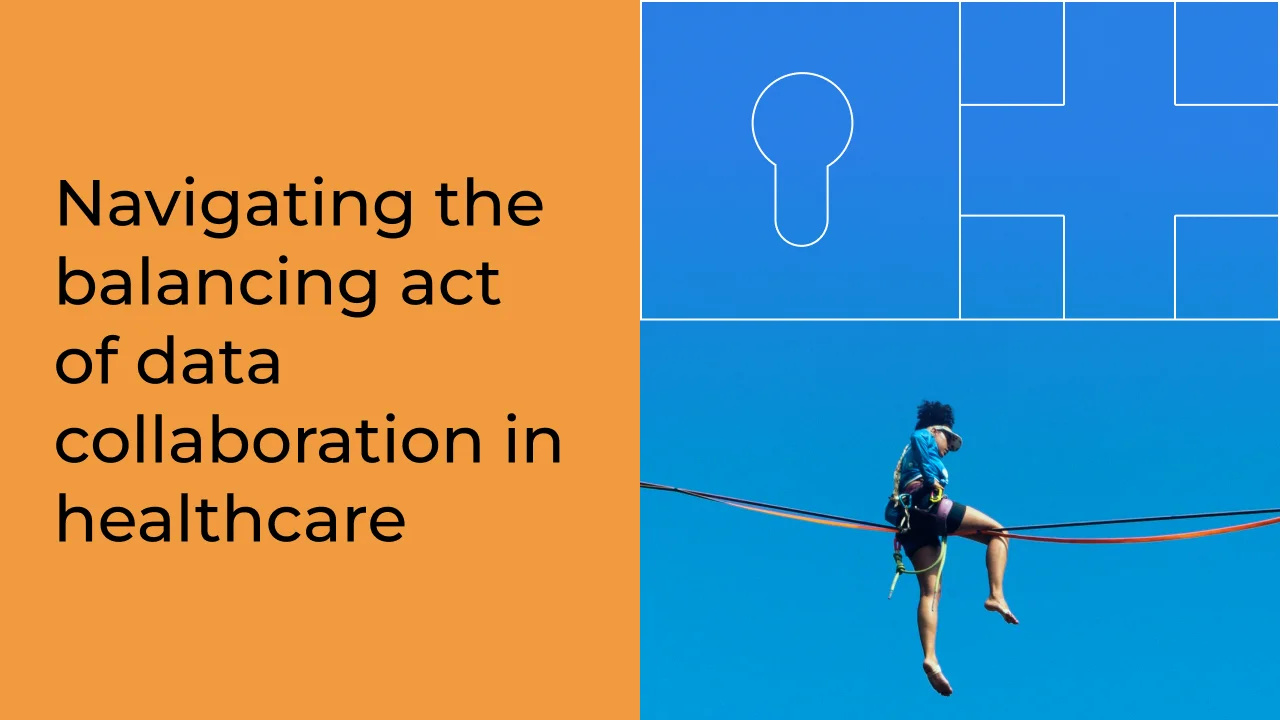iCARE4CVD deploys privacy-preserving data platform to enable personalized prevention and treatment

Decentriq's technology enables privacy-preserving CVD research
Whitepaper: Unlock the value of real-world healthcare data with confidential data clean rooms
As the amount of healthcare data from real-world settings grows, how can care providers and life sciences companies use this data to advance research and treatment while protecting sensitive patient information?

Cardiovascular diseases (CVDs) are very prevalent worldwide, with enormous socio-economic impact. They are still the most common cause of death, despite significant advancements in therapy. Due to population aging and unhealthy lifestyles, the European prevalence of CVD (>85 million) is on the rise, underscoring the critical need for better care pathways to reduce the impact of CVDs.
“iCARE4CVD”, an international, public-private research consortium launched on October 25, 2023 is funded by the Innovative Health Initiative (IHI) — a joint undertaking of the European Commission and the European life science industry.
iCARE4CVD comprises 10 work packages, each of which are essential to achieving the aims of the project. In month six, Work Package 2 — “Federated database management” — co-led by Maastricht University and Decentriq presented their first deliverable and preliminary results to the consortium.
The database is composed of an application where partners will be able to explore cohorts available to be analyzed and perform analysis on data while it remains protected and under the data custodian’s control. This work package is essential as it lays the foundation that will enable the consortium to improve four aspects of current care:
- early diagnosis and classification into clinically meaningful subgroups
- risk stratification defining urgency for intervention
- prediction of individual treatment response
- inclusion of outcomes based on patient’s perspective
Exploring available cohorts and their metadata for research
The University of Maastricht has built a cohort explorer that enables partners to explore the metadata for the available cohorts. Then, partners can perform patient level-data analysis in Decentriq. The unique aspect of the analysis facilitated by Decentriq is that it allows partners to conduct research on merged datasets and on a patient level for improved personalized medicine. This is in contrast to typical collaboration setups, which only let collaborators work on an aggregated level of information.
Performing privacy-preserving analytics in Decentriq’s data clean rooms
The technology powering Decentriq is what lets it go into specifics without revealing patient-level information: Using confidential computing as a basis, the data clean rooms allow participants to analyze data while it remains encrypted. Additional privacy-enhancing technologies and control mechanisms built into the data clean rooms allow data custodians to control exactly how their data is used beforehand, while assuring that analysts can only extract privacy-preserving results of models and computations — never raw data itself. These measures guarantee that data analysts can perform their usual tasks compliantly, without the risk of inadvertently leaking sensitive information from the data clean room environment.
Decentriq has also helped to speed up the collaboration process, with two data partners (Uniklinik Aachen and University of Maastricht) already onboarded by month three of the consortium. This is crucial in a project with tight deadlines, as it allows research to be conducted faster.
The way forward
Looking forward, iCARE4CVD plans to gather more data and patient groups. Work Package 2 will work towards onboarding additional cohorts identified by Work Package 1, as well as providing technical support to other work packages regarding data management and AI model development.
The end result will eventually include a variety of high-quality data, and iCARE4CVD aims to analyze this information to diagnose CVD earlier, assess the risk of negative health outcomes, and predict treatment responses.
This research is part of the Individualised Care from Early Risk of Cardiovascular Disease to Established Heart Failure (iCARE4CVD) project. iCARE4CVD has received funding from the Innovative Health Initiative Joint Undertaking (IHI JU) and JDRF under grant agreement No. 101112022. The JU received support from the European Union’s Horizon Europe research and innovation program and COCIR, EFPIA, Vaccines Europe, EuropaBio and MedTech Europe.
References
Whitepaper: Unlock the value of real-world healthcare data with confidential data clean rooms
As the amount of healthcare data from real-world settings grows, how can care providers and life sciences companies use this data to advance research and treatment while protecting sensitive patient information?

Related content
Subscribe to Decentriq
Stay connected with Decentriq. Receive email notifications about industry news and product updates.




